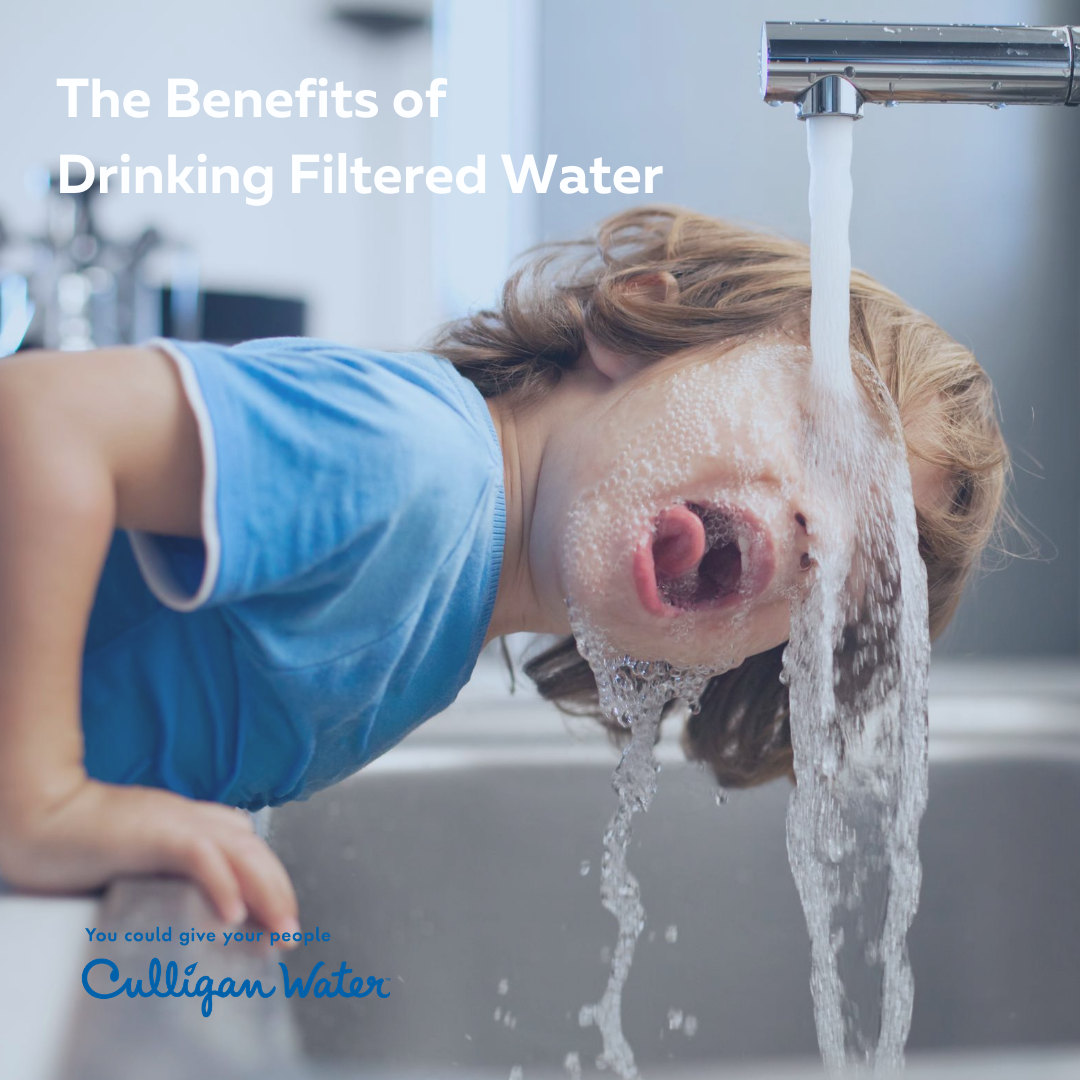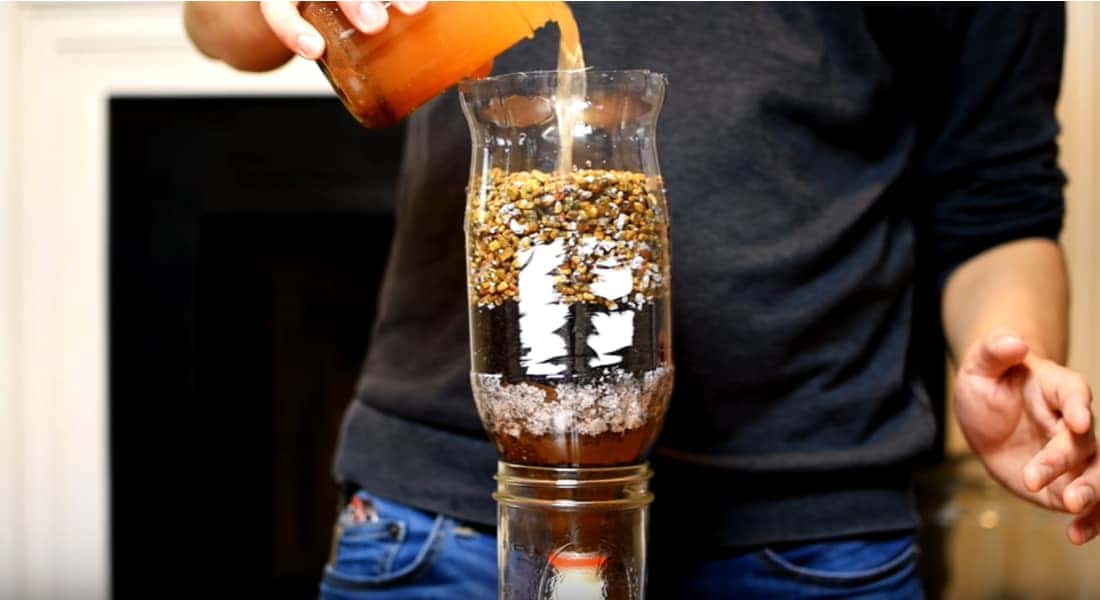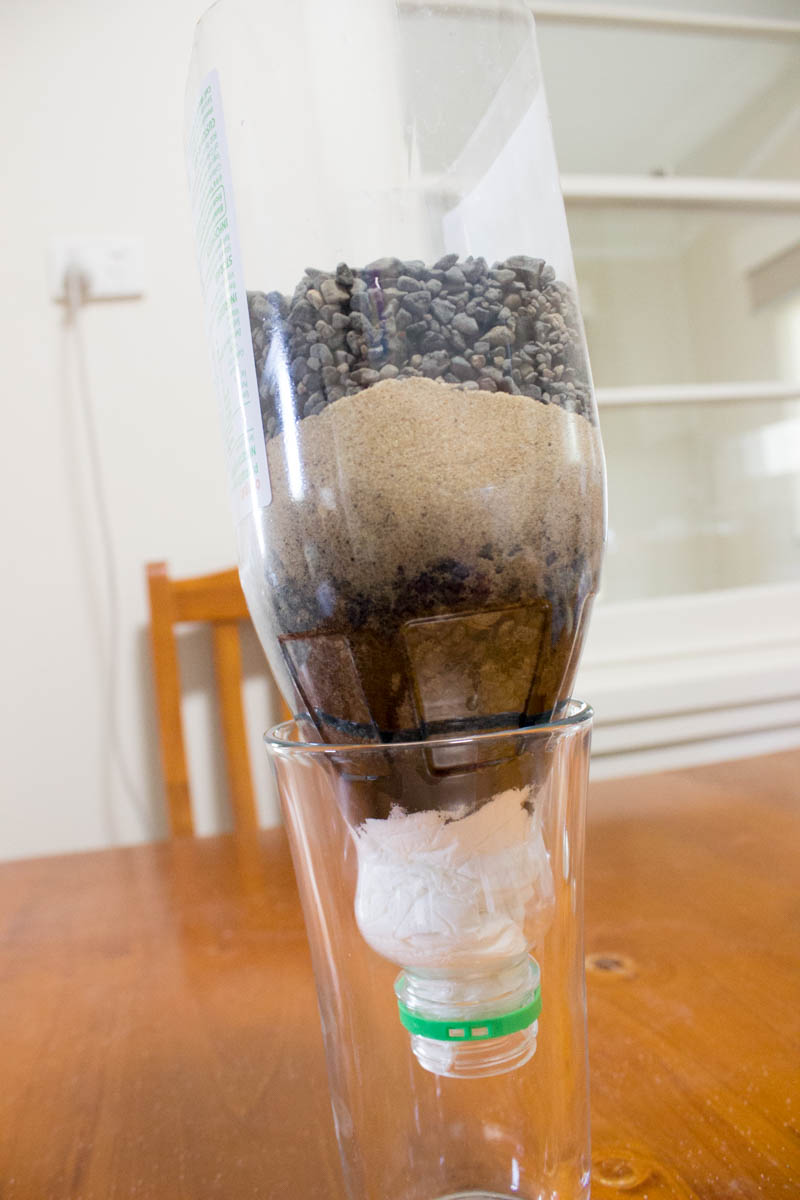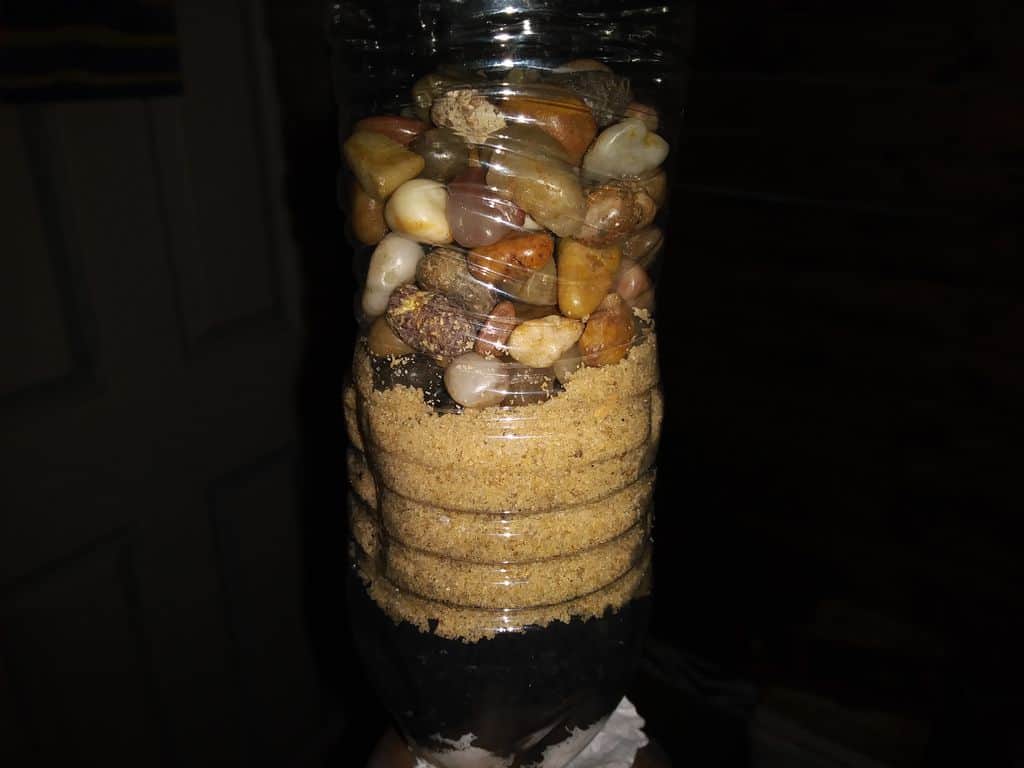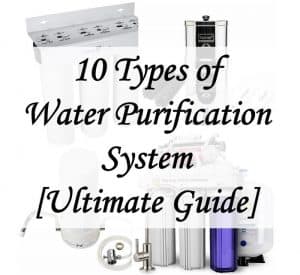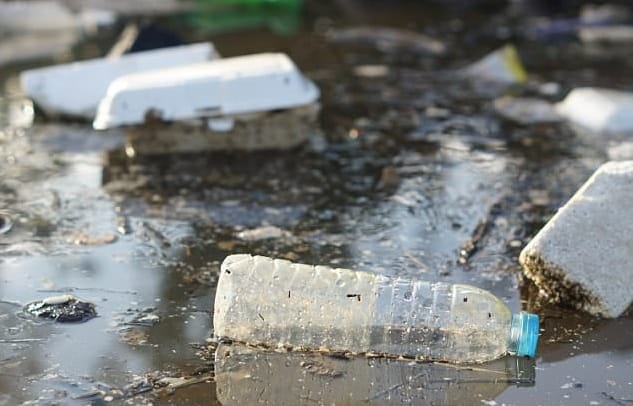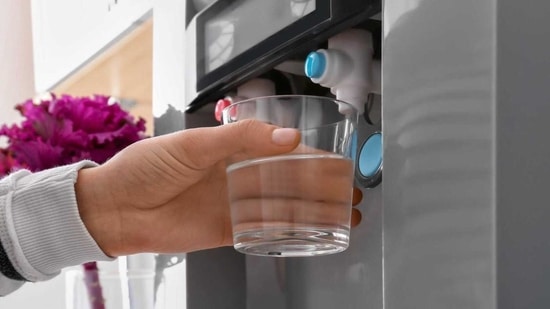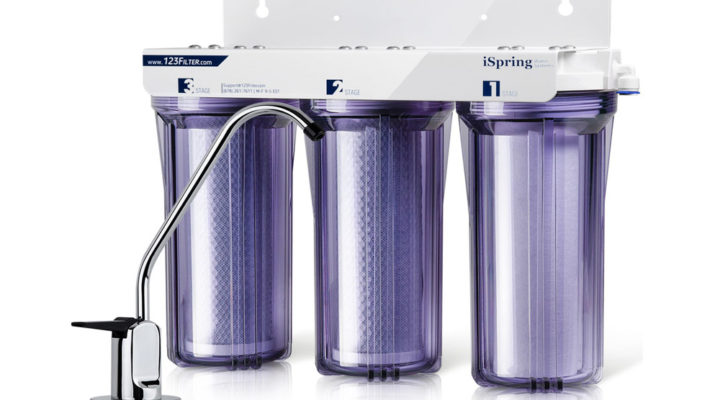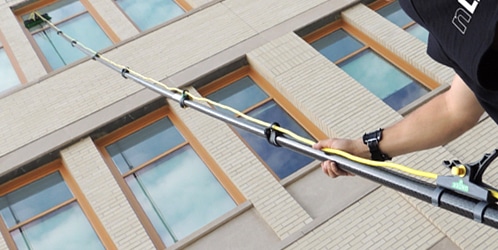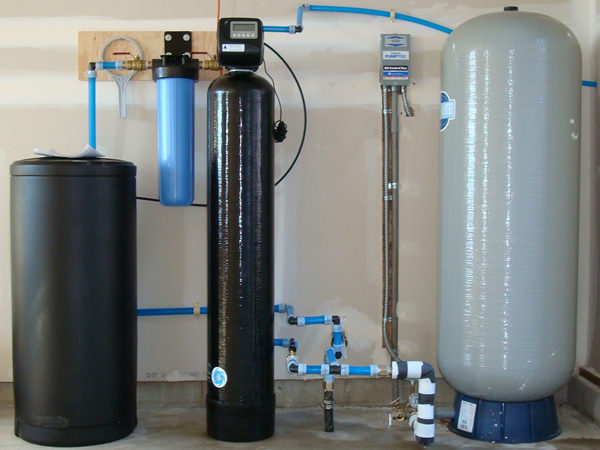Things To Consider Before Buying A Water Purifier
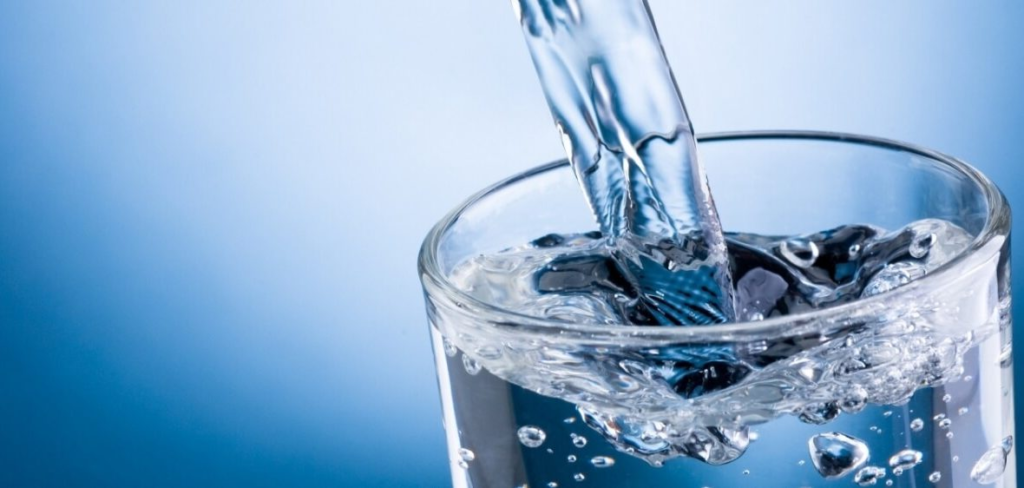
Water is essential for life. But the quality of water that we consume every day is becoming dangerous for our health. To improve the quality of water for daily use, it is now mandatory to install water filters in our home. But people tend to make mistakes while buying a water filters in various aspects including purpose, flow rate and capacity.
Every filter works best on its own, but it is not necessary that it works best for your requirements too. Before buying a water filter you should go through a thorough analysis and research to get the best solution for your water filtration needs.
Water Filter Buying Guide: Things to Consider Before Buying Water Purifier
Test water quality of your supply
What type of source do you use for your daily usage? Most of the filtration requirements are defined by the source of water you use. The very first thing to do is test quality of water that is supplied to you. There are easy to use checkup kits available or you can even call an expert to do the job. You need to install a water filter only if your water source is contaminated. There are mainly two types of water sources:
Private or individual
Private source includes bottled water, spring water, and water from ponds, shallow wells, streams, ponds and river canals. Private sources also include individually created sources like rainwater harvesting, residential bores, cisterns.
Public
The United States safe drinking water act identifies public sources as the ones provided by public entities like local government supply, ration water tanks and city water systems.
If you get water from a private source like well and bottled water, then you can eliminate contamination from the source itself. But rivers, ponds, streams require a lot of expense and time …






